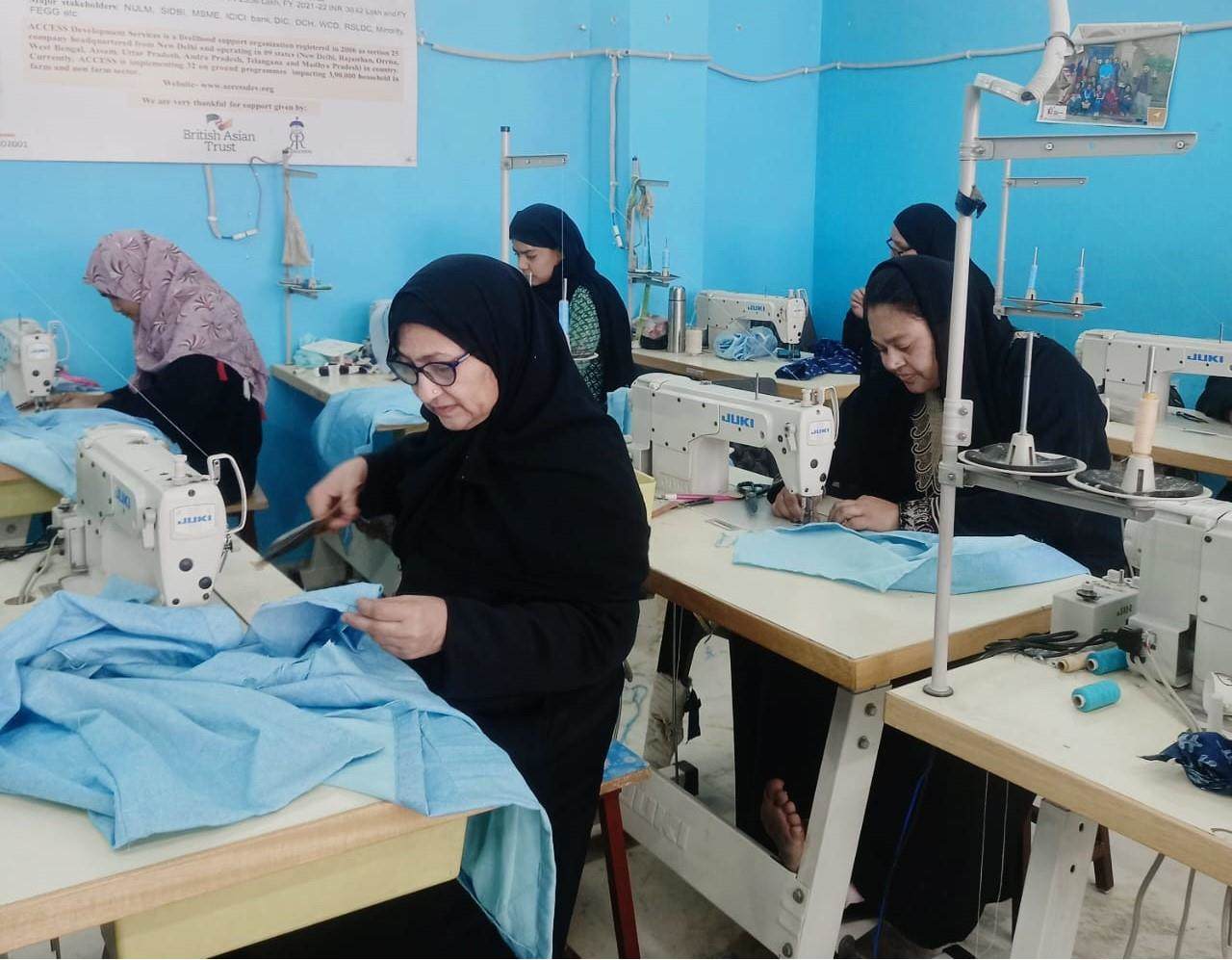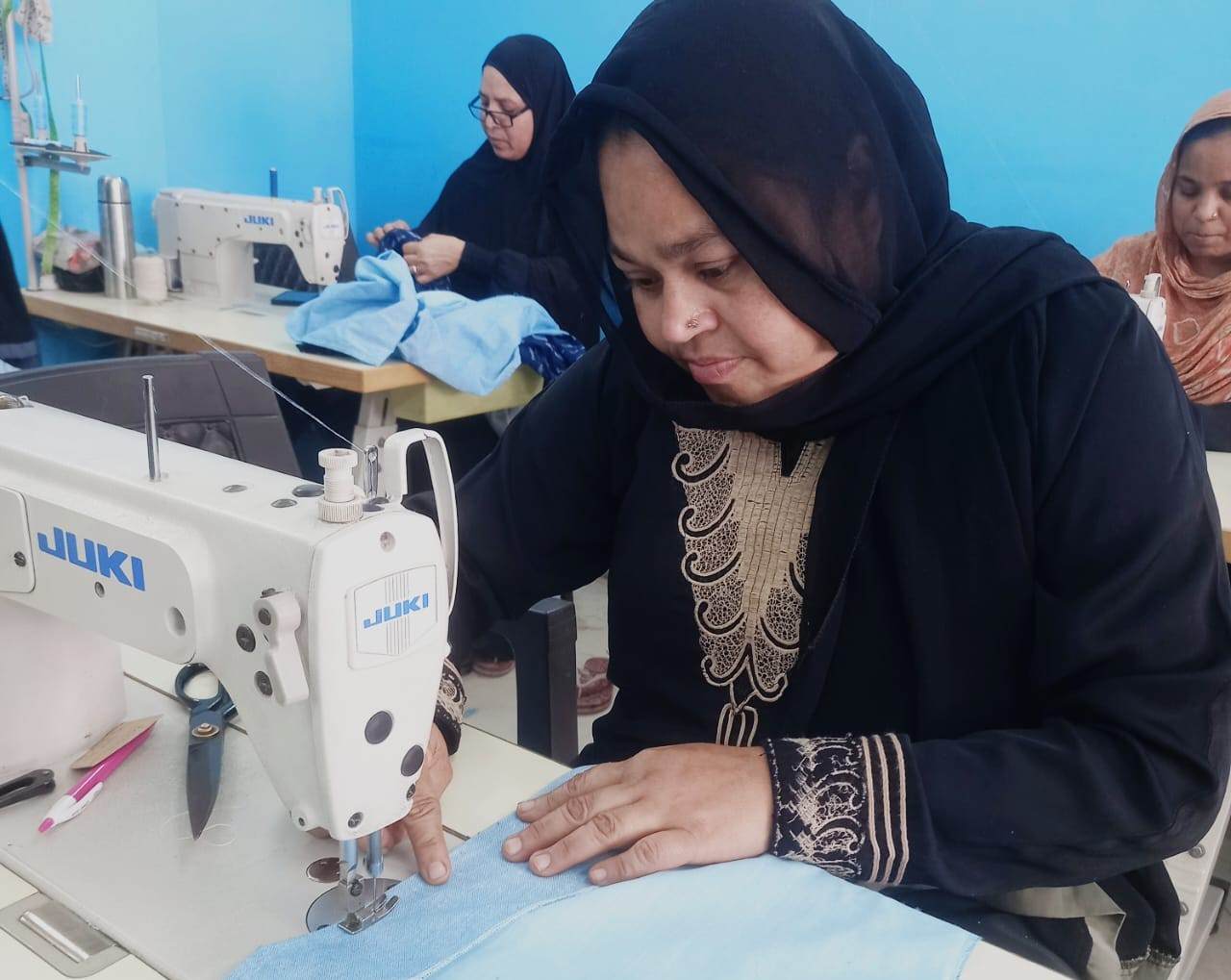
The British Asian Trust
Providing disadvantaged women with financial stability and entrepreneurship skills in India
Reduce hunger and poverty, and improve livelihoods
Asia and Pacific
The issue:
Across India, women in informal and low-income sectors struggle with low pay and inconsistent income. Their participation in the workforce is crucial for the economic stability of their families. Financial insecurity often forces children to drop out of school, exposing them to various forms of harm. Strengthening women’s economic resilience is crucial to breaking this cycle, reducing the financial burden on children, ensuring sustainable livelihoods, and creating a brighter future for vulnerable children and communities.

The project:
The British Asian Trust is a diaspora-led international development organisation that delivers high-quality programmes in the areas of education, livelihoods, mental health, child protection and conservation. In Jaipur, Rajasthan, the British Asian Trust have identified communities where women earn low wages through stitching and often struggle to meet household expenses.
Croda Foundation has awarded the British Asian Trust £219,922 over two years to empower economically disadvantaged women from Jaipur's handicraft communities. The project will apply a Training of Trainers model, equipping 270 women leaders in financial stability and entrepreneurship skills to boost their incomes. These women will then train a further 1,080 women with income-generating and financial skills. This increased financial stability will reduce the burden of earning on their children and help them access formal education.
As a result, we estimate that 2,000 children who previously lacked access will be able to attend school, breaking the cycle of poverty while unlocking the opportunity for a brighter future. Additionally, 6,750 people will benefit from improved access to and awareness of social security schemes for women entrepreneurs and their families.
To learn more about the British Asian Trust, visit its website.
Croda Foundation, established in 2020, is an independent charitable company set up by FTSE 100 specialty chemicals company, Croda International Plc, and is registered in England and Wales (number: 1196455). The Foundation is solely funded by generous donations from Croda International Plc and led by an independent Board of Trustees.
